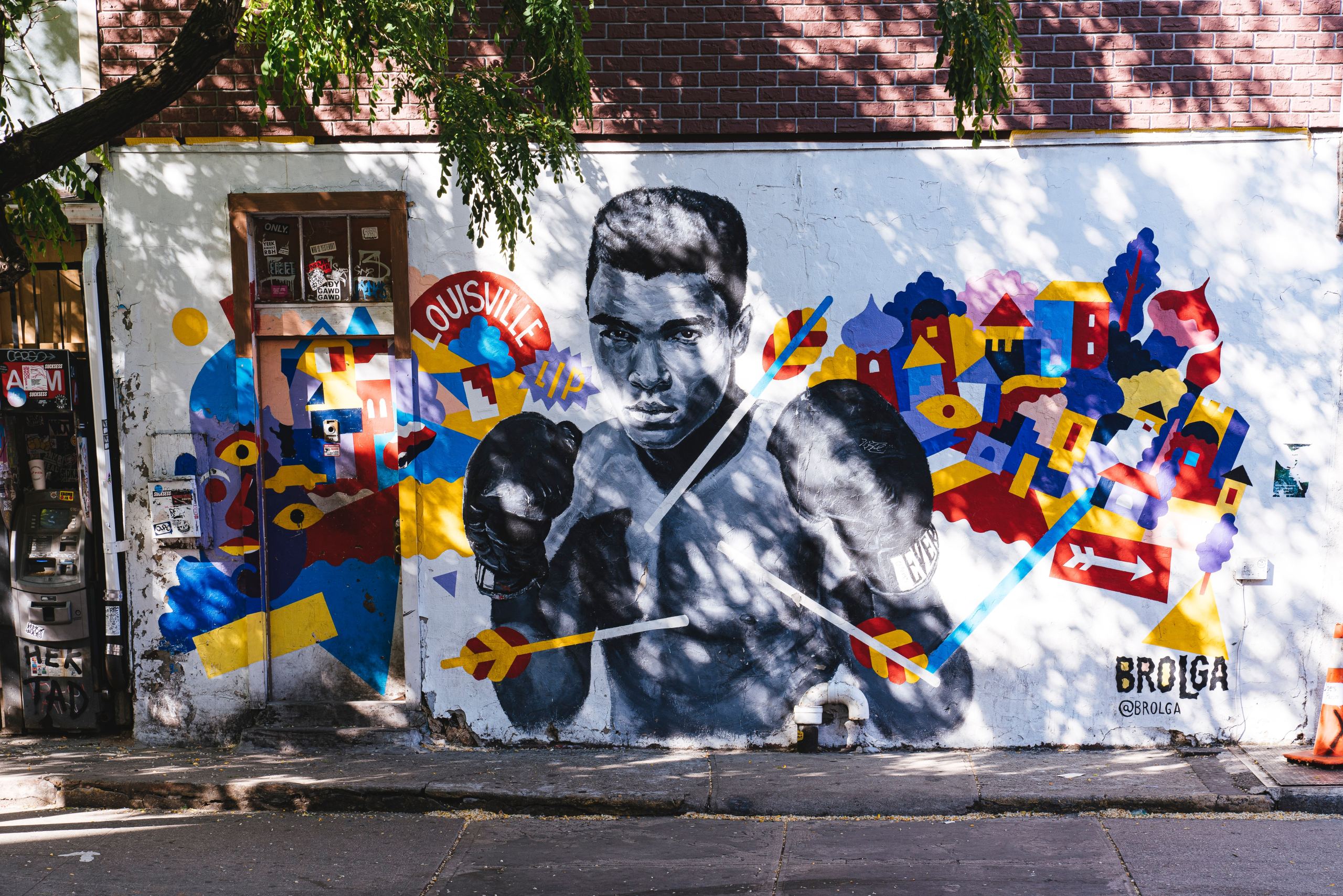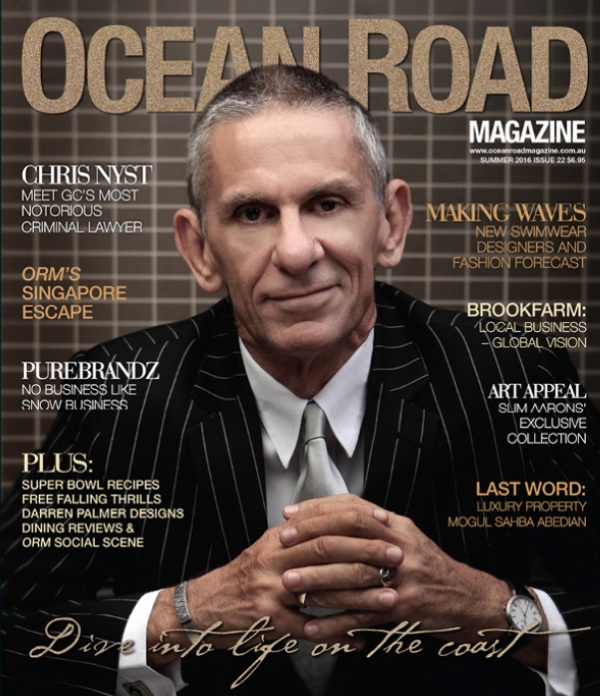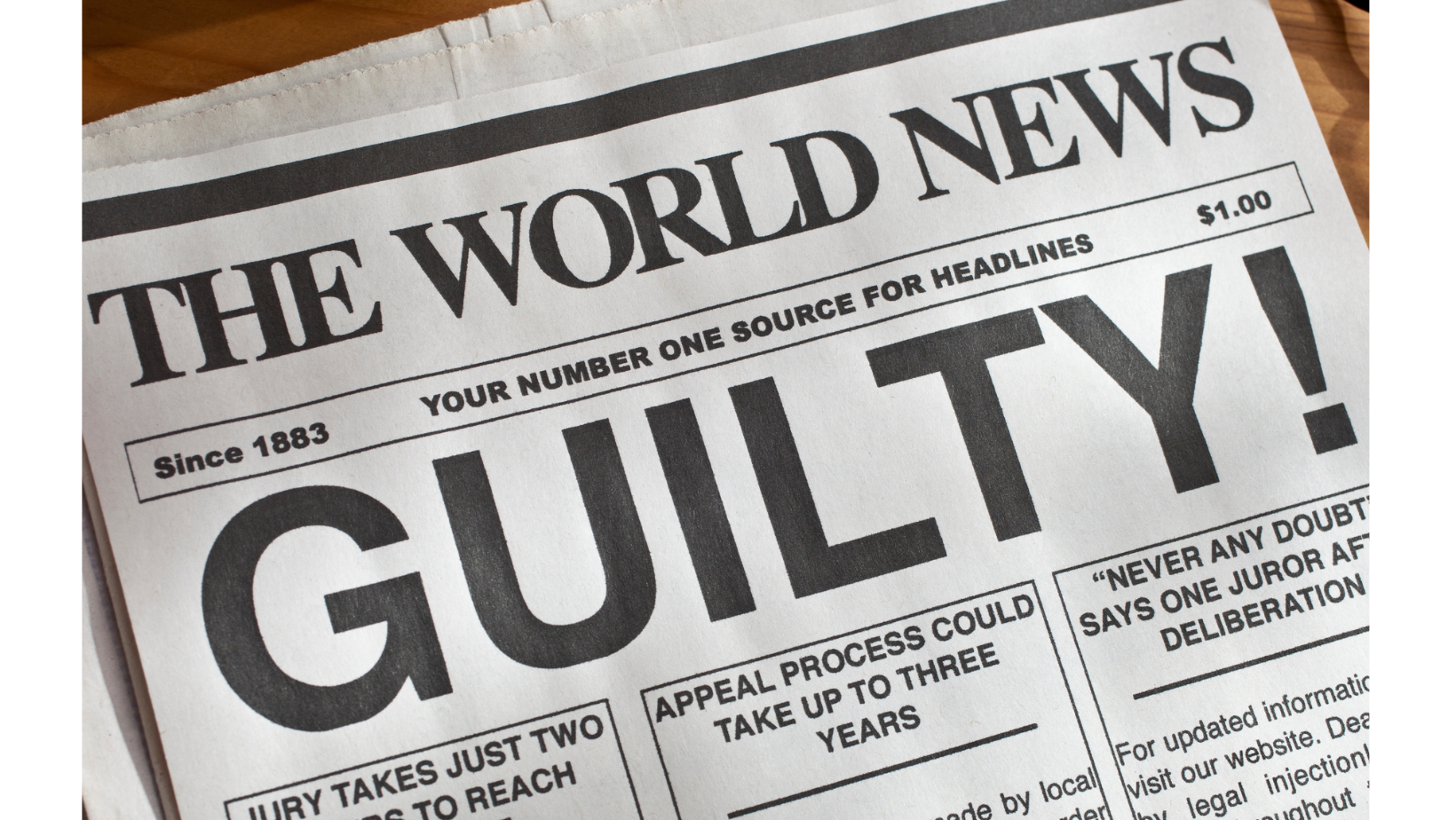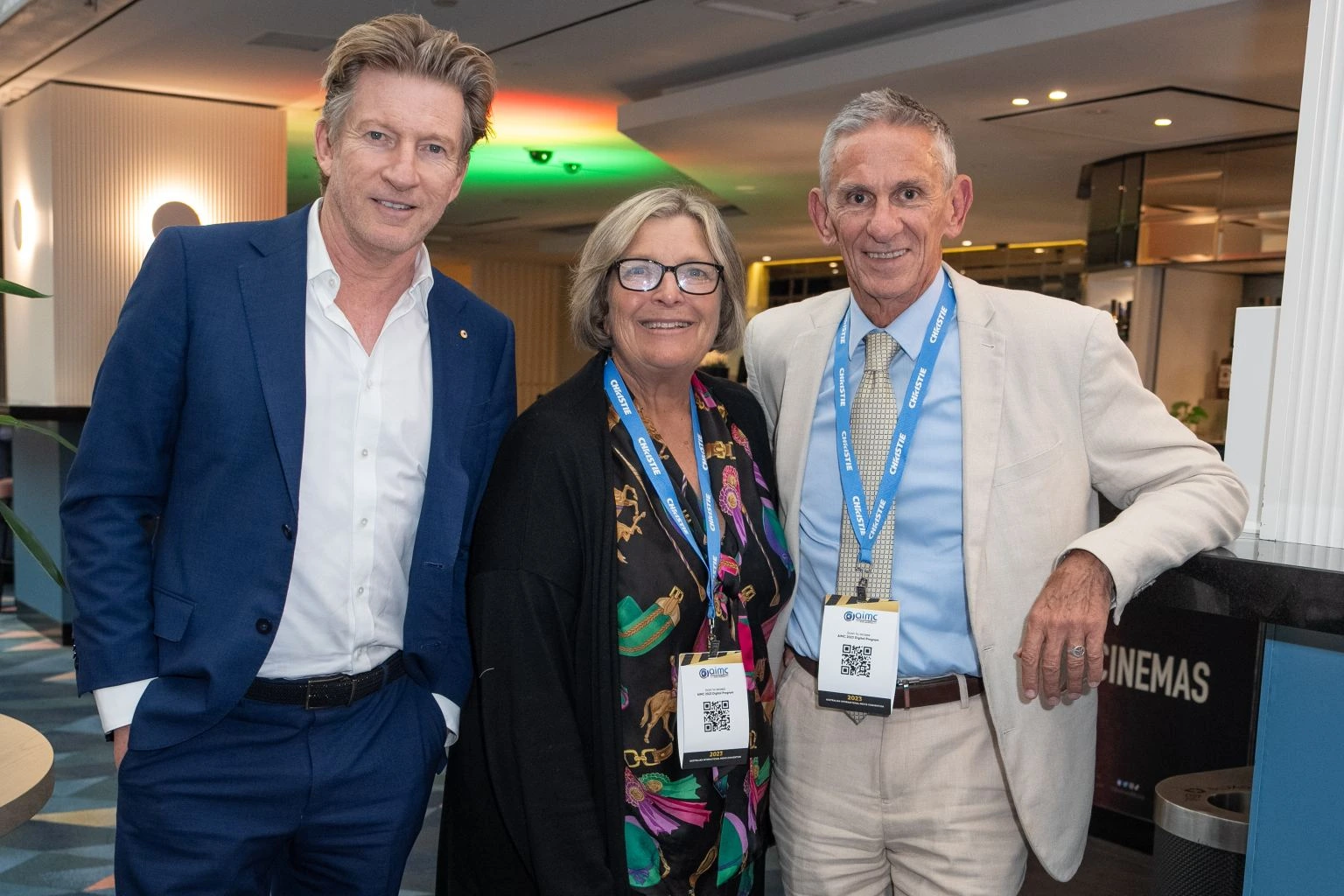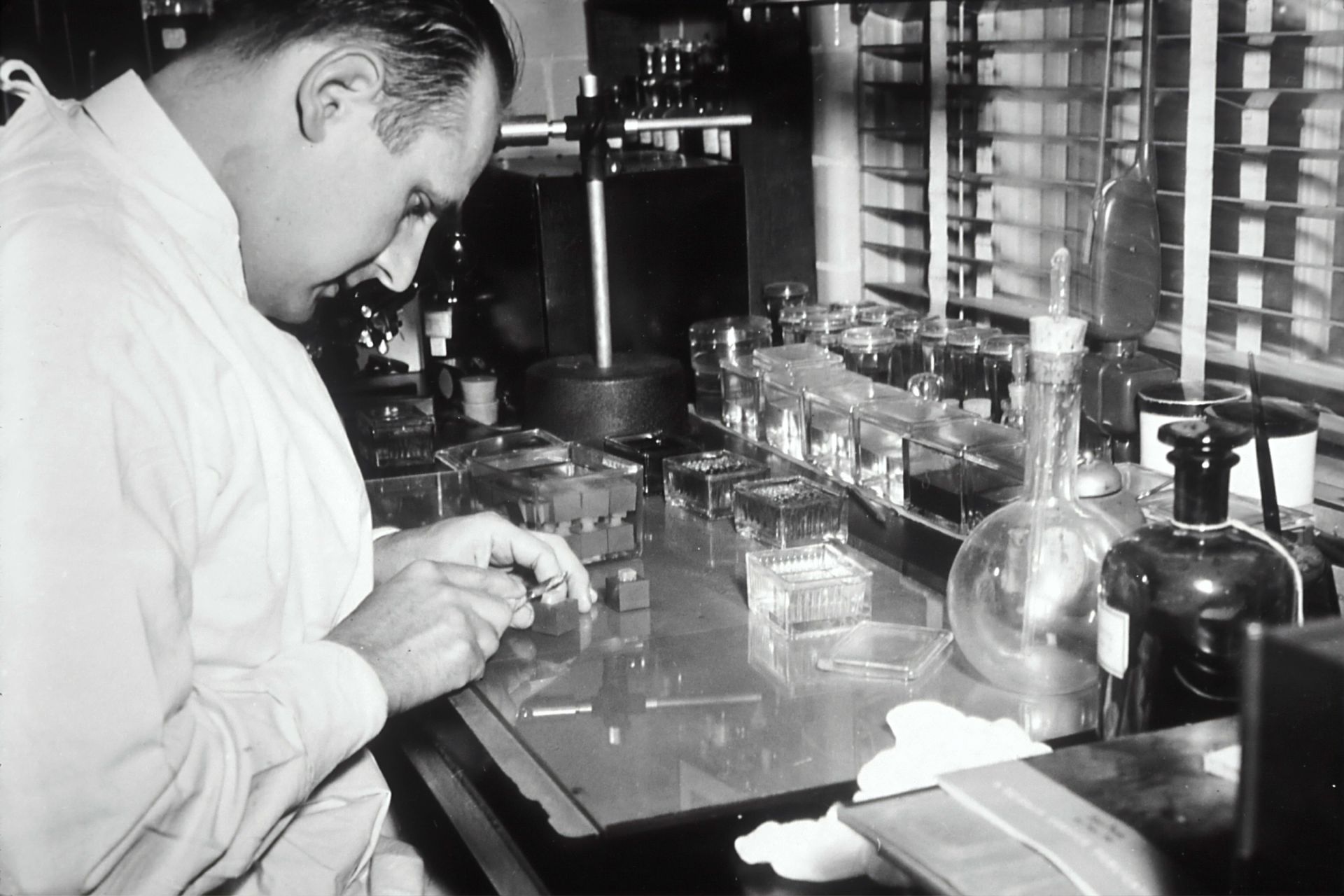Over the weekend, a great hero passed away. Muhammad Ali was not just a giant of the sport of boxing, he was one of the most influential characters 20th century, one whose dynamic personality was an integral part of the winds of change that swept through the post-war period.
Below is a story I wrote last July, following the Pacquiao-Mayweather fight, reflecting on the true legacy of the man known as ‘The Greatest.’
May he rest in peace.
Photo: Nelson Ndongala
Source: Unsplash
THE RUMBLE OF TURBULENT TIMES
Well, the final figures are in, and it’s official – the Manny Pacquiao-Floyd Mayweather Jr. prize-fight last month was the most lucrative bout in boxing history. It racked up a record 4.4 million pay-per-view buys, which produced more than $US400 million in TV revenue alone. Ticket sales of around $US72 million, international sales of $US35 million, closed-circuit broadcasts of $US13 million, $US12 million worth of sponsorships and another $US1 million in merchandise, pushed up the overall take to well over $US500 million. Mayweather took home $US210 million and Pacquiao’s a relatively paltry $US142 million. So maybe it’s true what they say, maybe this was “The Fight of the Century”. But please, let’s not hear any more embarrassing comparisons between that fight and the historic ‘Rumble in the Jungle’. Anyone who would compare the Mayweather-Pacquiao fight to the epic 1974 world heavyweight title bout between Muhammad Ali and George Foreman in Kinshasa, Zaire, is either too young to remember that history-making bout, or so old they’ve forgotten the profound social and historical significance it had.
Some sporting moments are so pivotal they transcend sport itself, like Jesse Owens busting the myth of Aryan supremacy at the 1936 Berlin Olympics, Tommie Smith and John Carlos’s Black Power salute on the podium in 1968, and the 1995 post-apartheid Rugby World Cup in South Africa. The Rumble in the Jungle was just such an event.
When Cassius Clay defeated heavy weight champ Sonny Liston in 1964, then promptly declared, loudly and proudly, “I am the greatest!” he announced the arrival of a confident new model of African American champion. Young, articulate, and intelligent, Clay was no meek and humble black man gratefully accepting the generous accolades of a white audience. He was a magnificent champion demanding no less than the recognition he was entitled to.
Half a century later it’s hard to reconcile the profound rancour his youthful cockiness evoked, both in boxing circles and beyond, in 1964 America. Just as the first black heavyweight champion Jack Johnson in 1908 sparked White America’s frantic search for a Great White Hope, the emergence of this brash and boastful new champion put many in boxing’s halls of power into panic mode. They couldn’t wait to see him get his comeuppance. Their outrage only deepened when Clay joined the Nation of Islam, adopting the Muslim name Muhammed Ali, and continued to defeat all challengers. When no one could beat him the boxing press resorted to a so-called ‘computer match-up’ between Ali and the great Italian-American fighter Rocky Marciano, a virtual contest which predictably declared Marciano the winner. But in real life, Ali kept winning, as the social revolution of the late 1960’s plunged the US into deep division over its involvement in the Vietnam War.
In 1967, when he refused conscription into the US Military, Ali became a symbol of the growing anti-war movement, and the hero of a generation. “I ain’t got no problem with no Viet Cong,” he proclaimed. “No Viet Cong ever called me nigger.”
At the height of his career Ali was charged with draft evasion, stripped of his title, and sentenced to prison. The protest generation saw it as no more than ‘the Establishment’s’ revenge for the champ ‘sticking it to The Man’. Now the undisputed champion of the people, Ali appealed his conviction and sentence, but remained out of the ring for four years before the US Supreme Court finally overturned his conviction in 1971.
No one thought he could come back. When he did, announcing his bid to regain his world heavyweight title, the protest generation held its breath, praying for a fairy-tale. And as Ali began racking up knock-out victories on his arduous comeback trail, many started to believe the fairy-tale just might come true. Fight after fight Ali continued winning, until suddenly just about everyone believed he really could re-claim what had been so unjustly taken from him. But when he finally fought Joe Frasier for the title, in a bout then billed as “The Fight of the Century”, the gritty, lion-hearted Frasier burst the brash contender’s bubble. In a 15 round war of attrition Frasier soaked up all the punishment the people’s champion could dish out, and matched him blow for blow, eventually triumphing in a close and controversial points decision, dashing the dreams of a whole generation in the process.
Temporarily. Ali was soon talking up a re-match, and the true faithful still believed that he could do it. They enthusiastically bought Ali’s hype that he had proven in the first fight he was faster and prettier than Frasier could ever be.
It might just be true. But then came a second set-back, this one almost more devastating than the first. As Ali jockeyed for a second shot at Frasier, the champ agreed to take on George Foreman, a young gargantuan who was quickly moving up the heavyweights rankings.
The Foreman-Frasier fight would last less than two rounds. Foreman brutalised the champ, taking less than two minutes to put him on the campus, then scoring a further five knockdowns before Joe Frazier – the man Ali couldn’t stop in fifteen rounds – went down for the sixth and final time against George Foreman, 95 seconds into the second round. A new and seemingly invincible force in boxing had arrived. At that point even the most diehard supporters of the cause were forced to face the reality that maybe Ali’s opportunity had passed. But the contender was still talking trash, confidently predicting he would take the title back, even from the seemingly unstoppable Juggernaut George Foreman.
When Zaire’s dictator Mobutu Sese Seko agreed to stage the fight in Kinshaka, and emerging fight promoter Don King managed to convince a syndicate to stump up a $5 million purse, the stage was set for a David and Goliath battle that, one way or the other, would end Ali’s six-year struggle to take back what many thought was always rightly his.
That was the lead-up to the Rumble in the Jungle. That was what set it apart. Rightly or wrongly, a generation built that contest into something that was infinitely more significant than just a sporting contest. Through the turbulent years between 1967 and 1973, as young men were fighting and dying in the jungles of Vietnam, and protesting students were gunned down by National Guardsmen on the campus of Kent State University, the Children of the Revolution convinced themselves Ali, now the long-shot underdog, was a victim of the system, a champion who refused to lie down, who was determined to ‘stick it to The Man.’ It didn’t have to be true. In 1973, after years of bitter social and political upheaval, the symbolism was so powerful it was irresistible.
Against all the odds Muhammad Ali won the rumble in Zaire, by knock-out, in the eighth round, re-claiming the title stripped from him six years earlier in 1967, when he refused to go to war in Vietnam.
It was a momentous victory that transcended the sport of boxing, a pivotal moment in socially-turbulent times. The Mayweather-Pacquiao fight was a boxing match.

